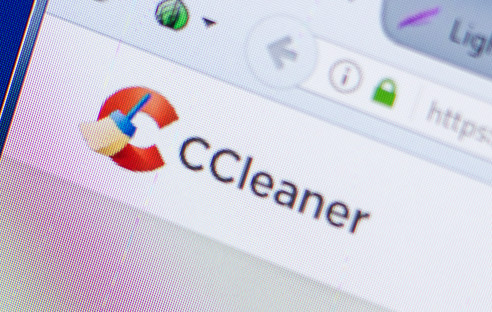
And since every computer comes with much bigger hard disks than they did before anyway, the disk cleanup feature might not prove much useful too. Most of the functionalities CCleaner offers is already built into the Windows operating system, and as such do not require an additional software to accomplish. Since these tools are already built into Windows, most users don’t exploit these functionalities anyway. CCleaner also provides a startup manager, an uninstaller, and a System restore interface. Also, CCleaner cleans up files that have been created by background processes (like cookies and cache) which users do not manually delete.


Since anyone with access to these files gains immense information about the user, deleting these files is the easiest way to prevent this. As such, CCleaner can assist in getting rid of cache files and browser cookies which store private data. This is hardly a concern nowadays, given that hard disks come cheaper with greater storage capabilities. The first use case this definition brings to mind is freeing up memory from the hard disk. There's also a portable version of the app that doesn't have an installer.CCleaner is a utility program which helps in getting rid of potentially unwanted files and invalid Windows registry entries from a computer. If you haven't already done so, you might want to download the latest 5.34 version of CCleaner here. "We apologize and are taking extra measures to ensure this does not happen again," it added. The company said it was working with US law enforcement agencies to discover who was behind the incident. In other words, to the best of our knowledge, we were able to disarm the threat before it was able to do any harm."

"Users of CCleaner Cloud version have received an automatic update. In a blog post today, he wrote: "The threat has now been resolved in the sense that the rogue server is down, other potential servers are out of the control of the attacker." Paul Yung, Piriform's Vice President of Products, has tried to play down the attack. It's unclear exactly how the person or persons responsible breached Avast's systems, but Talos speculates it could have been "an insider with access to either the development or build environments within the organization." It can also allow other forms of malware, such as ransomware and keyloggers, to make their way onto a victim's computer. The 64-bit version of CCleaner was not affected.įloxif can gather information about an infected system and send the data back to a hacker's server. Update: The exact versions that were infected were the 32-bit version of CCleaner and CCleaner Cloud. The unaffected version 5.34 was released on September 12, but those who downloaded the tool during the weeks that version 5.33 was available may have unwittingly installed the backdoor. Security firm Cisco Talos warned that version 5.33 of CCleaner, which was downloadable from August 15 to September 11, had been modified to include the Floxif malware. But it's just been reported that up to 2.27 million users were put at risk from a backdoor found in a recent version of the program. According to Avast, which recently acquired maker Piriform, it boasts over 2 billion worldwide downloads and receives 5 million more each week. System-cleaning tool CCleaner is one of the most popular programs of its type in the world.


 0 kommentar(er)
0 kommentar(er)
